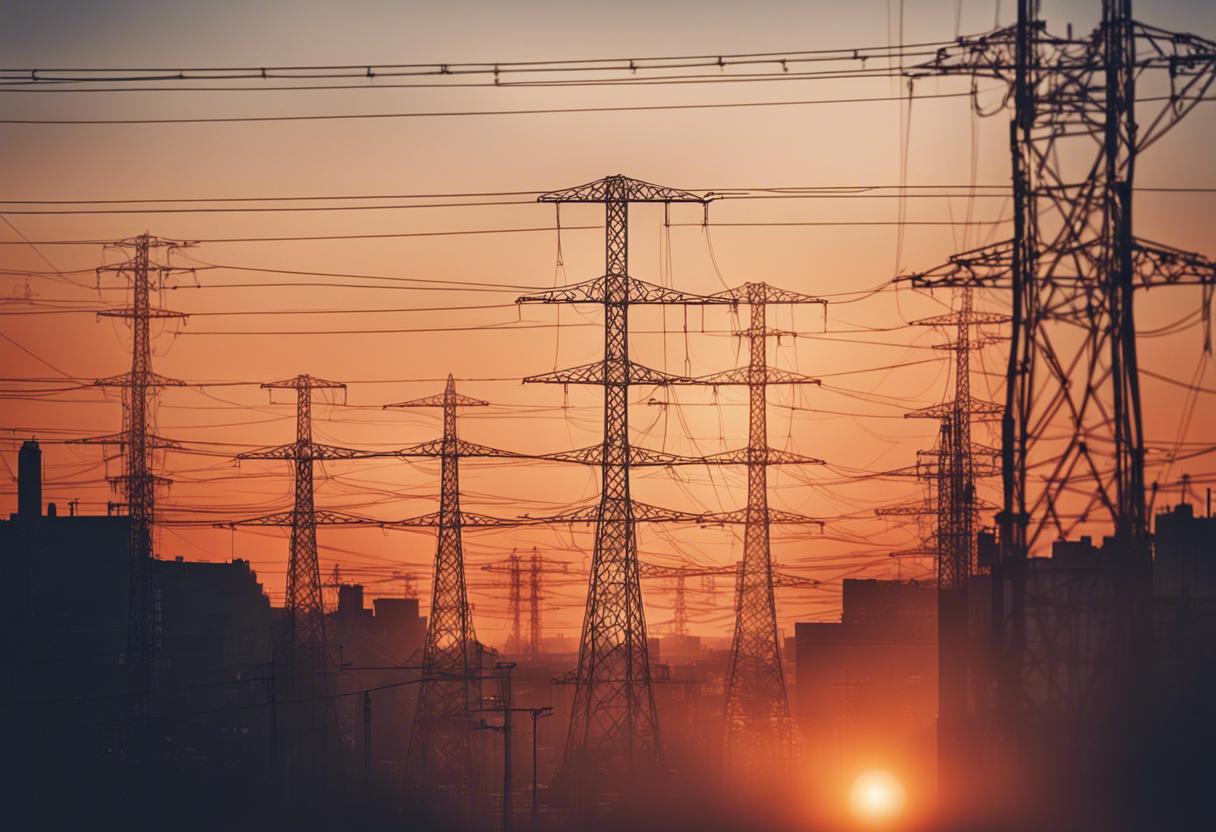Electric Ireland declared its third reduction in domestic energy prices yesterday, cutting rates generally by 3% and a more generous 5% for users of smart meters. If Electric Ireland, ESB’s retail division, hadn’t chosen to shoulder the increase in the standing charge – a fee customers pay to maintain the network, approved by the Commission for the Regulation of Utilities (CRU) – the drop would have been even more significant.
Electric Ireland’s prices for electricity and gas have seen substantial reductions since their peak, by approximately 20%. Despite the complexities of the market and the ways in which tactics like upfront purchasing affect consumer prices, the pattern of continual reductions seen across the industry offer some hope. The active competition for new clientele has also been encouraging, although less beneficial for consumers who do not switch suppliers often.
However, costs of household energy remain markedly more expensive than prior to the increase in wholesale prices, with businesses also still subject to elevated costs. While wind energy is increasingly contributing to Ireland’s energy provision, gas’s wholesale price is the predominant factor. The cost on wholesale markets shows no signs of further major decline, which suggests households can expect to pay higher than average prices for the foreseeable future.
The Government’s forthcoming October budget should respond appropriately to this energy scenario. Emergency energy provisions for all households were a justified, if broad, response to the initial price hikes. There were also justifiable increases in support for those dependent on fuel allowances and general welfare. However, with energy prices now declining, albeit remaining significantly above historical averages, the Government needs to determine its next moves.
It must be acknowledged that, as real wages increase, the Government cannot continually cover elevated energy bills for all households, as many middle and higher-income households are able to cope with these costs. This leaves more room to aid lower income households, particularly those dealing with fuel poverty – where they are unable to heat homes during winter. This support could come through fuel allowances and the welfare system.
The course we must undertake here should focus on enhancing the permanent aid to families through benefit payments. An additional provision of temporary assistance to those worst affected could be considered. However, there is no justification for an additional costly payment of universal energy credits to all households. This, aside from being squanderous, would cultivate a belief that governmental financial backing for household energy costs is something that will continue indefinitely. While the flourishing treasury yield may incline the Coalition towards revisiting this path under the facade of “family assistance”.

